New International Study Reveals That a Traditional Indian Therapy is “The One Thing That Could Help You Wash COVID Away”

Yes you read it right. Everyone is waiting for a vaccine, but a truely time tested vaccine takes at least two to three years. Meanwhile there are many personal experiences being shared by people who have used holistic methods and recovered fully. These are brushed aside by people and agencies who believe in or have a vested interest in promoting only western medicines and drugs. Readers are also invited to watch demo videos prepared by Denanath Mangeshkar Hospital & Research Center, Pune, who protected their Covid Warriors from infection using these techniques
According to the report* published in msn.com:
As it stands, we’re several months into the pandemic, and a vaccine or cure could still be a long way off. This daunting fact has led researchers to explore other strategies for combating coronavirus, and mitigating its symptoms. Among those strategies is nasal irrigation, the practice of clearing the nasal passages, using a spray bottle or neti pot to introduce a therapeutic solution.One team of researchers recently studied the effects of nasal irrigation on COVID-19 and determined that this simple, at-home practice could very well help lessen a person’s viral load. “Nasal irrigations should be encouraged for patients and health care workers especially,” the study concludes.
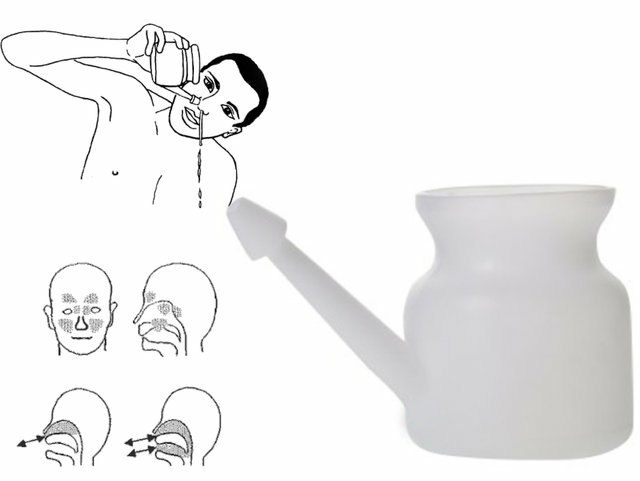
Indian readers are quite aware of the procedure. The image above summarises it for readers who aren’t. Please read on. Also follow all the links if you want to know more.
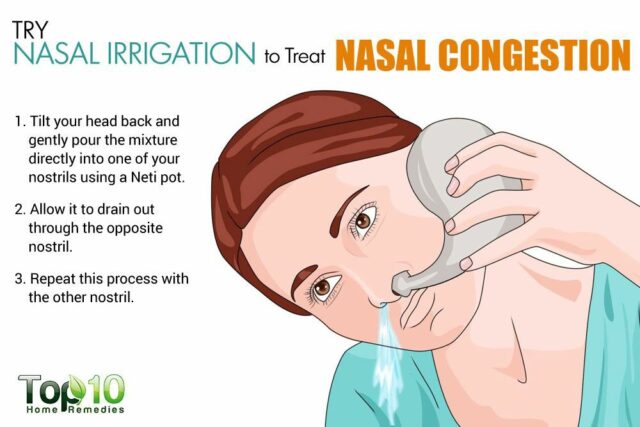
While hardly a silver bullet solution for the disease, the study argues that nasal irrigation can help to “reduce viral severity and further transmission” of coronavirus early on after a patient becomes infected. The researchers explain that this is because, “similar to other viral upper respiratory infections, [coronavirus] infection occurs primarily in the nasal and nasopharyngeal mucosa with high viral loads early in disease.” This presents an opportunity to “wash COVID-19 away,” the study suggests.
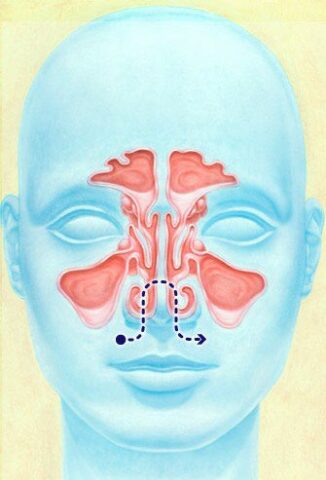
An Important advice To make Neti practice safe use filtered or distilled lukewarm salted water as suggested by Yoga ancient texts of India. The temperature of the water should be around the temperature of the blood and after doing neti one should practice kapalbhati (i.e blowing air gently from the nose to expel residual water). And to be on a safer side if you are practicing neti for the first time, do it under the guidance of a practitioner.
The researchers noted that the general “benefit of topical nasal saline has been well established,” explaining that the nasal lining serves an important role in the immune system, acting as the primary defense against inhaled viruses and bacteria. Nasal rinses help remove this particulate matter, while also increasing hydration and reducing inflammation—all of which can lessen the effects of a respiratory infection.

So what exactly do you need in order to try it out? The study suggested choosing an over-the-counter hypertonic saline spray, which can be found in most pharmacies. Betadine and other iodine-derivative sprays also appear to support “substantial coronavirus reduction,” the researchers noted.
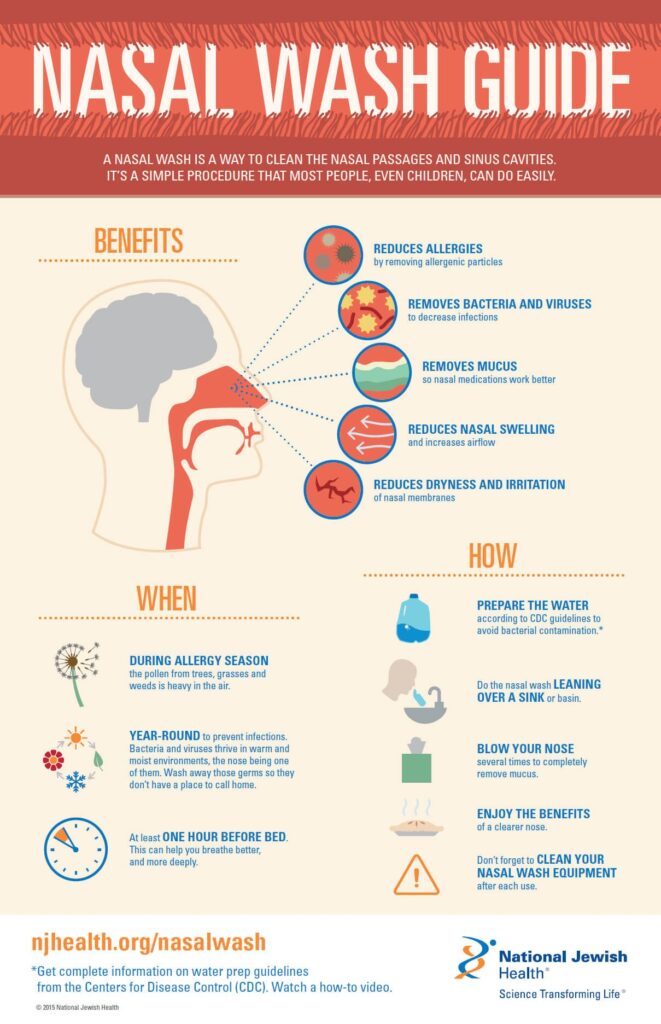
While there is no cure for coronavirus, this at-home treatment may help to limit the severity of your illness, and reduce your time spent sick—and that’s certainly a step in the right direction. And for more on this simple practice, check out
Nasal Irrigation Is the Key to Reducing COVID-19 Progression, Doctor Says.
- *https://www.msn.com/en-us/health/medical/the-one-thing-that-could-help-you-wash-covid-away-new-study-says/ar-BB17d0nE?li=BBnb7Kz



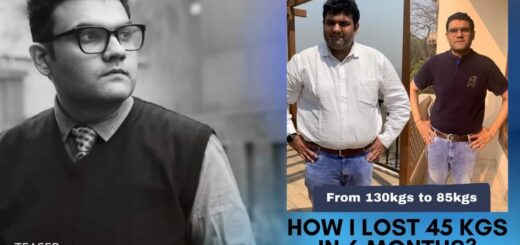

In this process described, there is no side or harmful effects. Vaccine is a great doubt.
In addition, it is suggested to drink water boiled with ginger adding fresh lemon in empty stomach every morning. Warm salt water garggling and a glass of hot water after dinner will keep throat clean and help digestive system throughout night.
Inhaling of vapour once or twice in a day will help to keep our system healthy & safe.
Totally agree SR. The point is that we can keep ourselves safe with holistic solutions, but due diligence and scientific validation is required. By scientific we don’t only mean western science. There is something called National commonsense developed through a long history. – ED
I prefer to have hot water I mean steam inhalation through nostrils and expire through mouth.
Thats a very good alternative. Many people are uncomfortable doing jal neti, because they feel it is tedious. I for myself keep switching. Sometimes I do Jal Neti, Sometimes Kunjal and sometimes salt water gargles. It depends on time available and the mood of the day. Your option has been recommended by many western docs -ED
Lal Neti is very easy
Agree Kamal. Jal Neti is very easy, but you need someone to guide you in the beginning, just to give you confidence. Once you start doing it, you will realise that it is easy